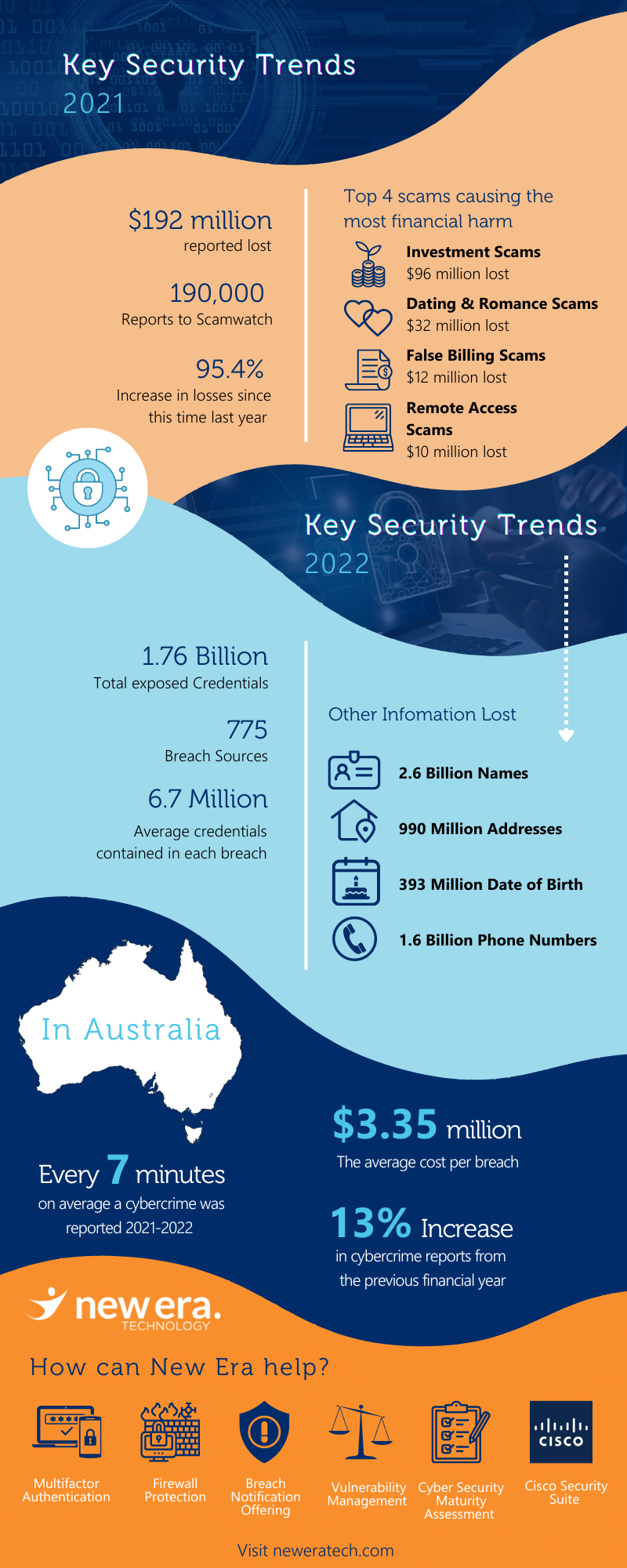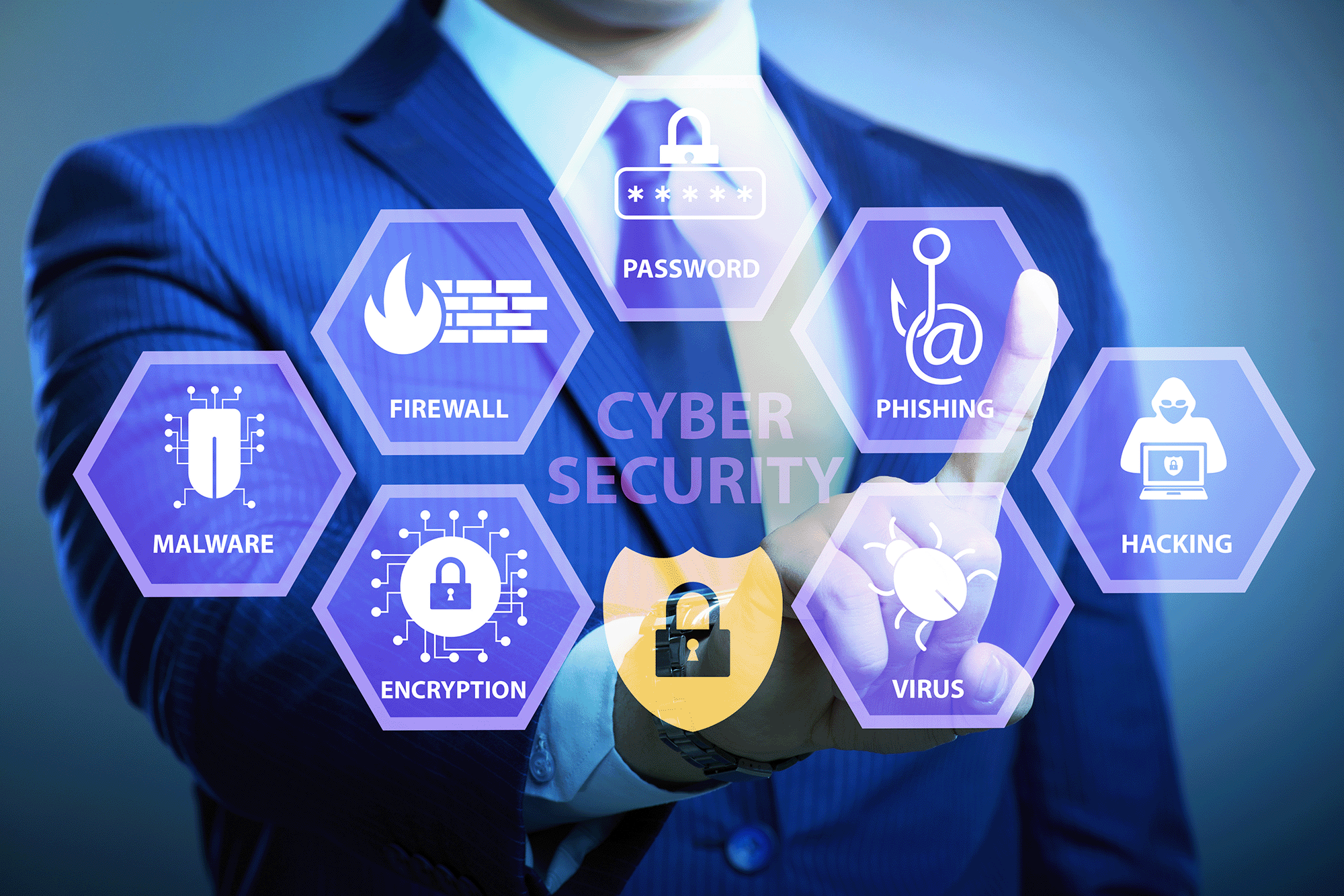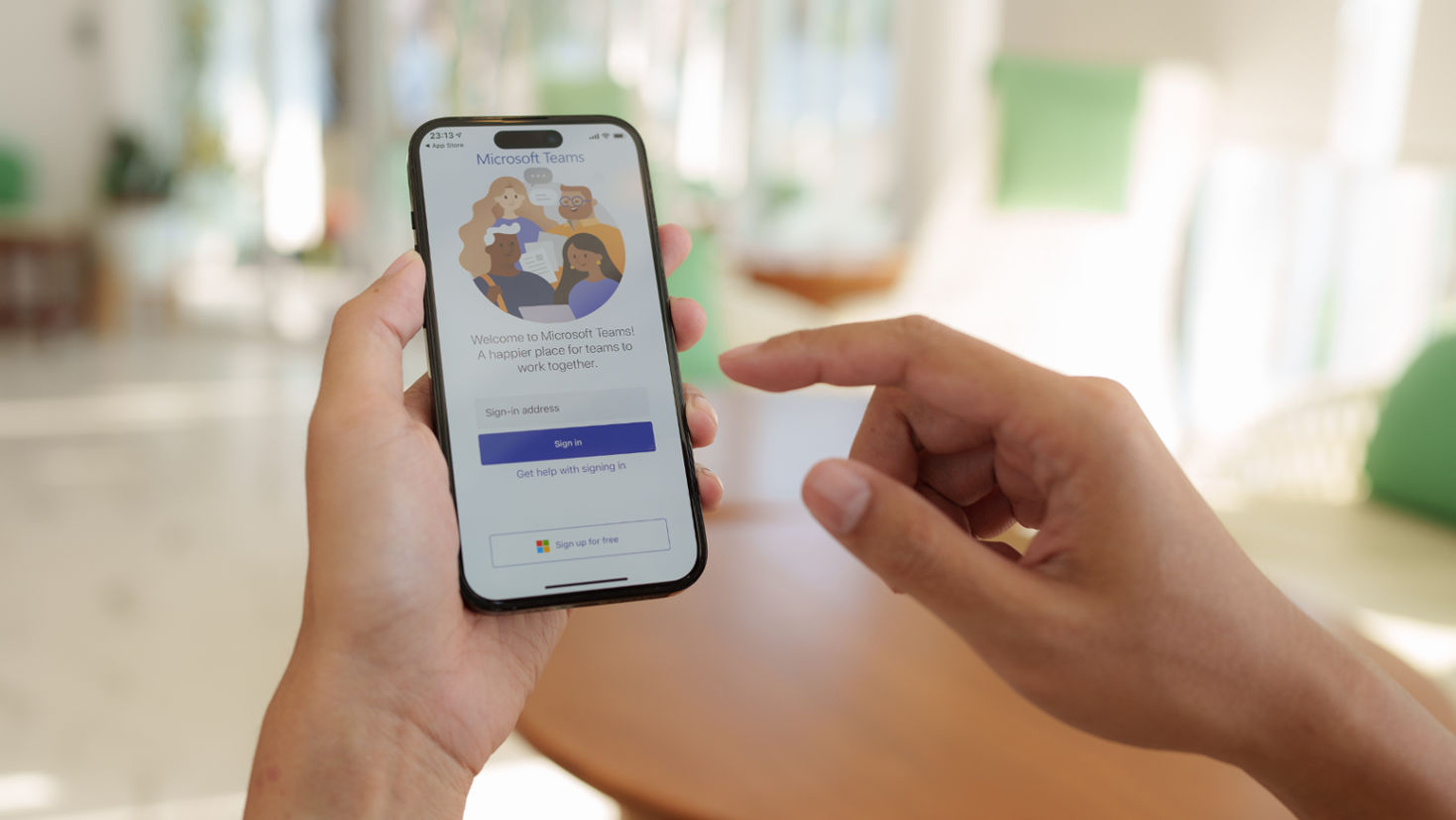Infographic Download

Australia’s cyber threat landscape has never been more contested or unstable.
A myriad of cyber-attacks has occurred in just a short time on some of Australia’s biggest companies. The data hacks not only resulted in millions of customer accounts being compromised but also made Australia the target for copycat attacks.
With hacking software easier to acquire online and remote working more available for employees, company networks have become more vulnerable. According to cybersecurity industry research, the number of data breaches has tripled globally in two years. In Australia, there has been a 13% increase in 2022 as opposed to 2021 according to the Australian Cyber Security Centre.
The Impact of Cybercrime increase on Australian Businesses
With a significant increase in cybercrime in 2022, Australian Attorney-General Mark Dreyfus has introduced to Parliament a bill to significantly increase penalties for companies that fail to protect sensitive information. Affected companies could face a vast increase in fines for serious or repeated breaches. If the bill passes, penalties will rise from $2.22 million to $50 million, 30% of the company’s turnover in the relevant period, or three times the value of any benefit obtained through the misuse of the information – whichever is greater.
There is also a heavy cost on the business itself, with the average loss per cybercrime rising by 14% to $39,000 for a small business and $62,000 for a large business. However, even with the large fines and costs to the business, it would not be the only problem a company is faced with if data is breached. Reputational damage, as some Australian companies are discovering, can be a much longer-lasting problem that has businesses wishing they had acted – and invested – sooner.
Cybersecurity company, Proofpoint, released a new report revealing that Australian boards significantly lag behind global counterparts in cybersecurity maturity and understanding. Only 58% of Australian boards see cybersecurity as a top priority, the least among the 12 countries surveyed (US, Canada, UK, France, Germany, Italy, Spain, Australia, Singapore, Japan, Brazil, and Mexico), where the average was 77%.
How Can New Era Secure Your Business?
Multifactor Authentication
Should an attacker manage to steal one proof of identity such as your PIN, username/password they would still need to obtain and use the other verification method on your account (such as sending a code on your phone). New Era can help review or implement MFA within your business.
Read our blog to learn more
Cyber Security Suite
Minimise outside threats to your network while ensuring that all users can access the data and applications they need to work productively. New Era provides holistic Enterprise Security, partnering with Cisco, a world leader in Cyber Security.
Next-Generation Firewall
A next-generation firewall has more security layers built into it than a traditional firewall. This protects your business against more sophisticated threats. New Era works with the leading firewall providers to deliver consistent protection across entire networks, including headquarters, office campuses, mobile and remote workforces, branch offices and data centres.
Breach Notification Offering
If your organisation has had a data breach, New Era can assist in organisational alerting for post-breach data exposures. We also offer practical advice for businesses moving forward once a credential breach inevitability occurs.
Vulnerability Management and Vulnerability Management As A Service
Assisting businesses with comprehensive rating, prioritising and reporting across both infrastructure and application. New Era can assist in detecting the vulnerabilities that pose the biggest risk to your business and protect your business assets in the face of the ever-evolving threat landscape.
Cyber Security Maturity Assessment
Audit and assess your organisation’s security policy and infrastructure to identify potential risks. New Era Technology can help your business understand your posture and ensure you are on the right path to addressing your Cyber Security Resiliency.
Want to learn more? Contact our team

 Canada
Canada New Zealand
New Zealand UAE
UAE United Kingdom
United Kingdom United States
United States




